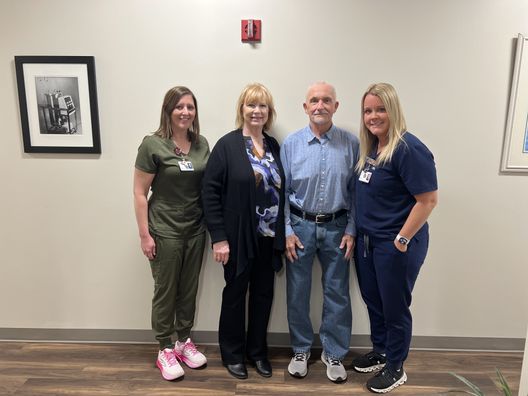What is AAC?
AAC stands for augmentative alternative communication. AAC is any form of communication that’s not verbal, including:
- Signs
- Pictures
- Facial gestures
- Pointing
- Speech generating devices
Who would benefit from an AAC device?
Speech Generating Devices are a good option for adults who have had a stroke or a TBI or a degenerative disease like ALS or Parkinson’s disease that limits their ability to communicate effectively with their speech. Children with autism, speech apraxia, cerebral palsy or any other medical condition that might limit their ability to communicate effectively using their own verbal output.
Why is AAC Important?
AAC awareness month’s mission is for all of those with complex communication needs, have access to an AAC device, including those requiring adaptive switches, eye gaze, or any other accessibility accommodation.
To learn more about AAC and speech generating devices visit, aacinstitute.org.
What can you do if you know someone who may benefit from an AAC device?
If you know someone who may benefit from an AAC device, please contact your physician to request a referral to the Quincy Medical Group Speech Therapy Department. For more information, contact us at (217) 222‑6550 ext. 3418.
Health Topics:







